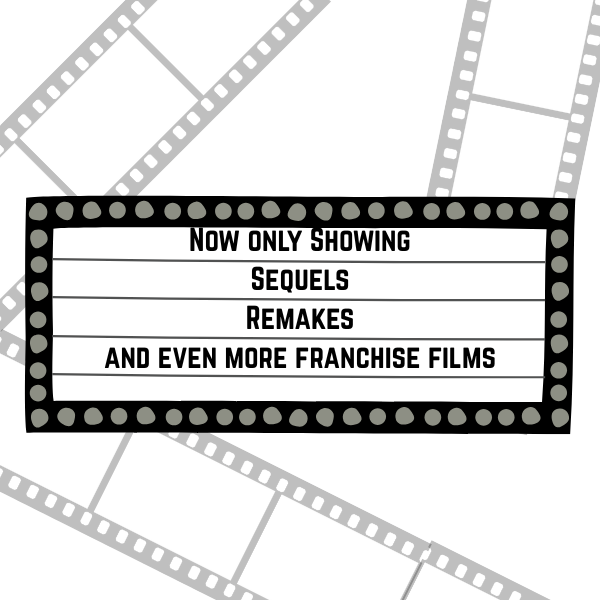Article By: Angela Bray
The Massachusetts Senate plans to debate a driver texting ban. Drivers’ eyes are not constantly on the road due to text-messaging and other mobile phone distractions preventing full concentration. Driver inattention leads to car accidents and near-crashes. Sending or checking a text may only take a second, yet studies show that drivers guilty of this distraction are 23 times more likely to be involved in an accident. Are we supposed to be texting or driving? The answer is obvious. A ban would intend to decrease the threat to the safety of drivers and increase awareness of the roads.
If talking on cell phones while driving failed to pass, what are the chances of passing a driver texting ban? People will continue to do it; you can’t catch everyone. Will this issue be paid just as much, or more attention than speeding and driving under the influence?
AT&T is launching an “It Can Wait” campaign to raise awareness about the risks of texting and driving, and is especially aimed at the younger generation. Text messages can and should wait until you have finished driving. The campaign features parents of young texting and driving victims and the final text messages the young drivers received just before they died. The campaign’s theme is “No text is worth dying over” and features a girl who, on her way to a football game, was getting directions via her cell phone. The last text she read said “where u at?” before she fatally drove straight into the path of oncoming traffic.
On yet another note, texting has become questionable in other situations. It is obviously inconsiderate to take a phone call during a meeting; what about sending and viewing texts? A Danvers selectman is asking his colleagues to stop; he previously sent a memo to the board suggesting a ban on “texting while in session.” In fact, he has asked all town boards and committees to enforce this, as he is fed up with it. He has received complaints about board members texting during meetings. His request came about after a failed move by the board last month to ban texting while in session.
It is customary in board rooms and business meetings to keep full attention toward speakers, audience members, and committee members. Having your fingertips glued to your smartphone and glancing down every few seconds contradicts etiquette and respect. However, not all see eye-to-eye on this point, as society is becoming more and more dependent on being connected via mobile devices. We’re all conscious of the fact technology is eating up our time. My own Blackberry is synched to Twitter, Tumblr, Facebook, e-mail, and texts, as are the mobile devices of many of my peers.
Why is it a struggle to turn off mobile devices during professional meetings? Attendees are eager to not only check their text messages, but also view sports scores and update their Facebook and Twitter statuses. Although a meeting may be long and dry, this is unacceptable. Is there a policy against this? Have there been a significant number of complaints? We know technology provides better communication, but when is it okay to text about municipal business while in a business meeting? While in session, would it ever be proper to ask the board chair, “May I have permission to answer this text?”







